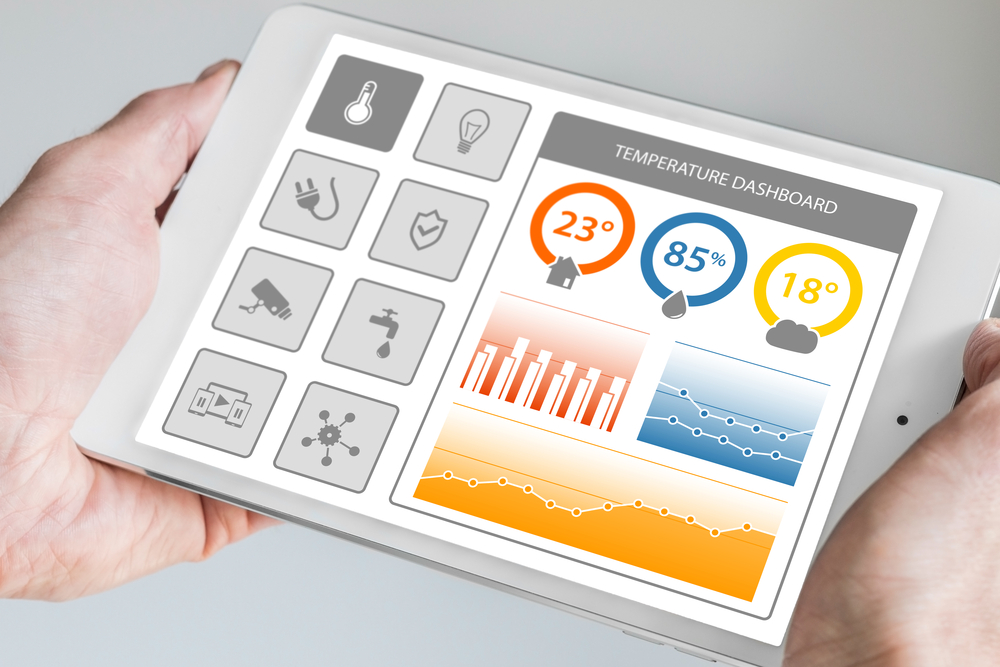Energy management plays a pivotal role in educational institutions. It shapes their environmental impact and financial sustainability in the long run. With aggravated costs and increasing awareness of climate change, educational institutions have started to recognise the importance of efficient energy use and sustainable practices. This article explores the significant impact of the power distribution management system on educational institutions. And how few changes can lead to reduced cost savings and energy consumption?
Energy Requirements In the Education Industry
The education industry is witnessing a significant surge in emerging innovative systems and research-related projects requiring significant energy resources. These cutting-edge technologies, such as virtual reality (VR) labs, high-performance computing clusters, and data centres, require enormous power to operate efficiently. As the education industry continues to embrace technological advancements, there is an urgent need to address the growing energy requirements and explore sustainable solutions to ensure a greener power distribution management system.

How Can Educational Institutions Improve Energy Management?
There are numerous innovative ways in which educational institutions can implement power distribution management systems, such as:
Cloud-Based Energy Management Systems
Cloud-Based Energy Management Systems equip educational institutions with a powerful tool to enhance their energy management practices. These systems enable effective remote monitoring and control of energy consumption, facilitating real-time access to relevant data and analytics. Institutions can easily optimise energy usage, achieve cost and reduce waste savings by analysing the energy usage patterns and fixing the inefficiencies. The scalability and flexibility of cloud-based systems make for seamless integration with existing infrastructure, ensuring a coordinated and efficient approach to energy management.
Furthermore, reputable providers’ security and data privacy features address concerns and protect sensitive information. Energy management for schools can unlock significant energy-saving potential. Moreover, it can improve their sustainability efforts and allocate resources more efficiently, all while reducing their environmental footprint.
Intelligent Sensors
Smart sensors present a valuable solution for improving energy management in educational institutions. These sensors are crucial in monitoring and controlling energy consumption by providing real-time data on temperature, lighting, occupancy, and other environmental factors. Educational institutions can optimise energy usage using intelligent sensors in power distribution management systems.
Occupancy sensors can detect occupancy levels in offices, common areas, and classrooms, thus enabling automatic adjustments to light and HVAC systems based on real-time occupancy data.
Environmental sensors can monitor air quality, temperature, and humidity, allowing institutions to maintain optimal conditions while minimising energy waste. Integrating intelligent sensors with innovative building systems facilitates centralised control and efficient installed device and equipment management. With the power of intelligent sensors, educational institutions can achieve significant energy savings without disturbing the occupant’s comfort.

Digital Climate Control
Digital climate control systems offer educational institutions an excellent way of improving energy management and better-optimised HVAC systems. By tuning the digital thermostats and programmable controls, educational institutions can achieve precise temperature regulation, thus reducing energy waste associated with heating and cooling.
These systems enable zoning capabilities, allowing different areas of the campus to be independently controlled based on their specific heating and cooling needs.
With digital climate control, institutions can monitor and adjust temperature and humidity levels remotely, ensuring optimal comfort for occupants while minimising energy consumption during unoccupied periods. By adopting digital climate control solutions, educational institutions can achieve significant energy savings and rescue the load on the power distribution management system.
Alternative Energy Sources
Integrating alternative energy sources into the energy mix is an excellent opportunity for educational institutions to improve their energy management practices. Renewable energy resources can do well to reduce institutions’ dependence on traditional fossil fuel-based energy sources.
Photo-voltaic panels can easily be installed on rooftops or open areas to generate clean electricity to power several campus facilities and support the power distribution management system. Wind turbines harness wind energy to generate electricity, and this can be a great alternative energy source, especially for windy regions, especially in favourable wind conditions.
Using these alternative sources, educational institutions can drastically reduce their carbon footprint and achieve long-term cost savings by generating clean energy. Additionally, these installations serve as impactful educational tools, showcasing sustainable practices to students and the broader community while at the same time inspiring a culture of environmental responsibility.
Conclusion
By embracing energy-efficient practices, educational institutions can make a difference in their financial sustainability, environmental footprint, and overall well-being. Collective efforts inclusive of the strategies mentioned above can be a dealbreaker regarding reducing the institutions’ environmental impact.
It will also be a mighty educational tool to inspire students, faculty, and the community about the power distribution management system. They prioritise energy management and can facilitate educational institutions to become leaders toward a greener future, thus fostering a culture of environmental stewardship and preparing a sustainable and prosperous world for the next generation.



